As a premier services provider to NRIs, we provide the full range of services to assist
our clients in executing the transfer of properties including partition thereof. We also
assist our clients in drafting all kinds of legal documents including Sale Deed,
Transfer Deed, Gift Deed, Relinquishment Deed and Powers of Attorney. Our team
of professionals is well versed in laws relating to succession and provide appropriate
guidance to clients and support them in getting Succession certificates and Legal
Heir certificates. All services are provided in a manner that significantly reduces the
effort that NRIs need to make to monitor such work and to travel frequently to India.
Family Estate Planning
Services
- Inheritance Planning
- Estate Management & Legal Documentation
- Family Disputes &Partition of Property
- Succession Certificate/Legal Heir Certificate
- Powers of Attorney & Other Legal Documents
Inheritance Planning
Many NRI parents wish to transfer their assets to their children or other nominees during and/or after their lifetime. This can be done through various instruments like Will and Family Trust. A Will is the most common method of ensuring orderly transfer of assets to the intended nominees. To ensure that such instruments are legally valid, it is essential that they are properly executed taking into consideration inheritance laws and taxation provisions. Mistakes can often lead to time consuming &expensive litigation and unintended tax liabilities.
At Star NRI Services we have an experienced team of professionals who interact with clients to understand their requirement, suggest the most appropriate method of estate planning and help in execution of the relevant instrument.
Estate Management and Legal Documentation
A widely pervasive issue faced by Indians residing abroad relates to the transfer of their real estate assets. NRIs who inherit ancestral property or have purchased property from their own funds need to ensure that the transfer and ownership of such properties to them is properly completed. The process of such transfer requires proper documentation, verification checks and registration with appropriate Government authorities. The process in India is complex and can be time consuming unlike developed countries. As a result, property owners face obstacles like disputes and litigation. This becomes even more difficult as NRIs are physically far from the property in question.
Some NRIs wish to transfer their assets to family or others during their lifetime. This can be accomplished by executing an appropriate transfer instrument which is properly registered with the relevant Government authority. It is essential that this be done carefully taking into consideration inheritance laws, income tax and stamp duty provisions.
While many NRIs adopt estate planning options as described in the Family Estate Management section above to transfer their wealth to their identified nominees after their death, there are several instances when a person dies without such planning. In such cases, the ownership of assets of the deceased person devolves upon the legal heirs of the person in accordance with the inheritance law. For transfer of assets to the legal heirs, the procedure specified in the law needs to be followed which involves taking approval from designated Courts.
For each of the abovementioned situations, there are different ways through which transfer of property can take place, and these also vary depending on which state of India the property is located at. The property transfer process depends upon whether the person from whom the property is being transferred is alive or not; it is also further dependent on whether the deceased person has left a Will or not. A deceased person’s property can be transferred based on natural succession or a Will. Both situations also require completion of processes like Probate of Will, Succession Certificateand Legal Heir Certificate which require applications to and approval from appropriate Courts.
Depending upon the situation, instruments like Sale Deed, Transfer Deed, Gift Deed and Relinquishment Deed can be used. All such instruments need to be registered with the appropriate Government authority for them to become legally valid and enforceable. The process of registration also involves payment of stamp duty and other registration costs. Upon registration of the instrument of transfer, the mutation of the property in the name of the new owner can be applied for.
Family Disputes &Partition of Property
Succession Certificate/Legal Heir Certificate
Succession Certificate is a document issued by the civil court based upon the relevant laws of inheritance for claiming assets of a deceased person by his/her successors. A Legal Heir Certificate lists the heirs of the deceased person and is mostly used for claims of insurance and retirement benefits like pension, gratuity and provident fund.
